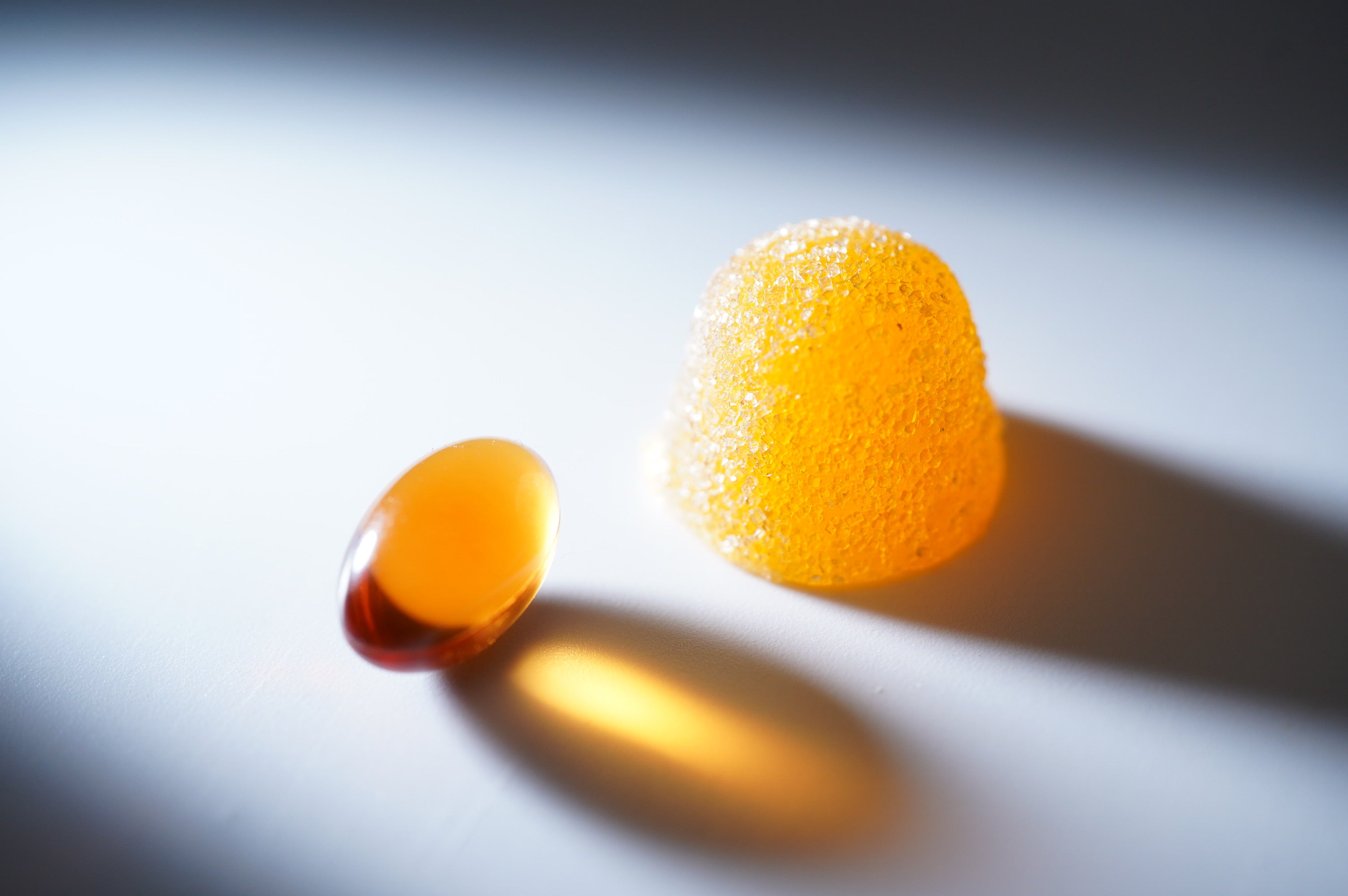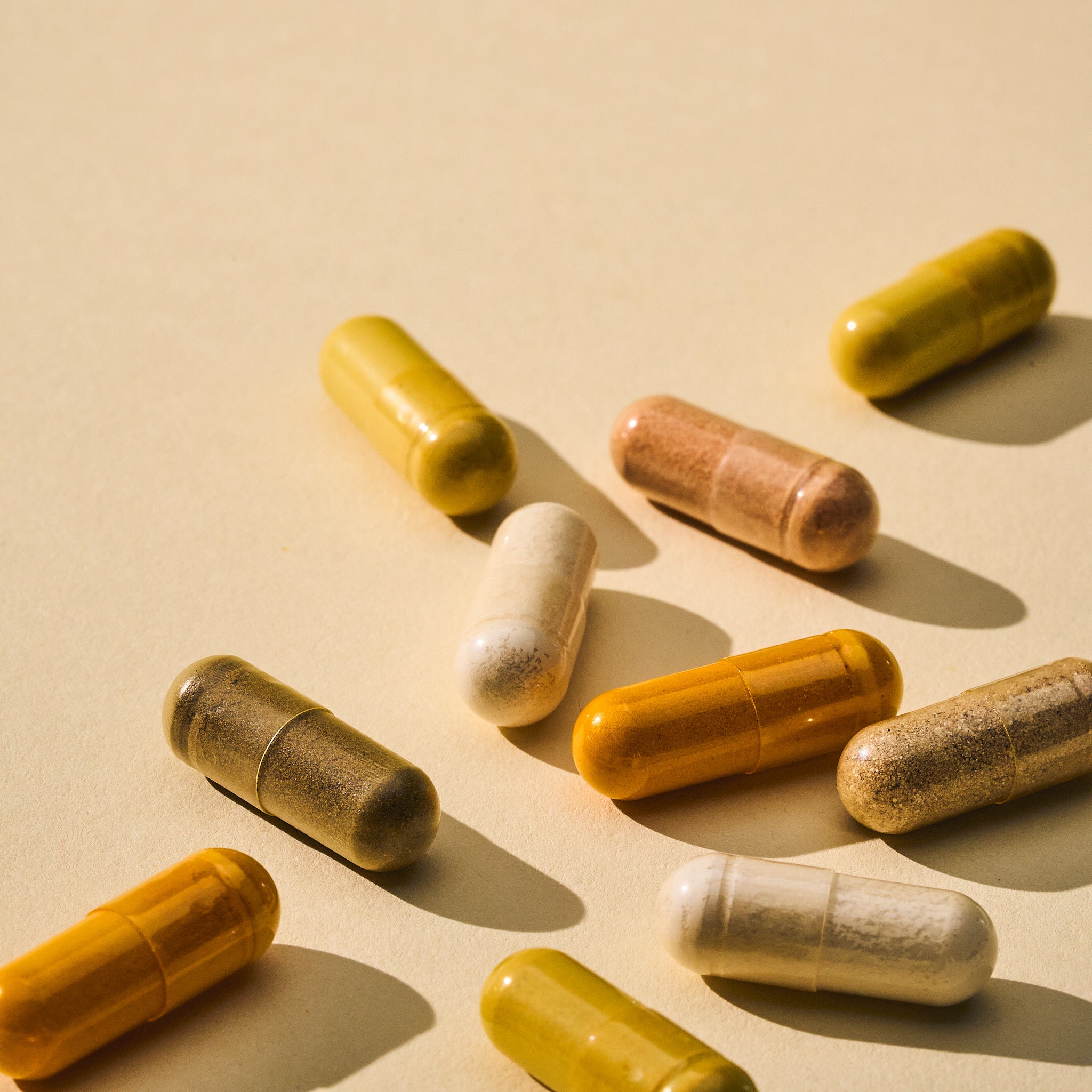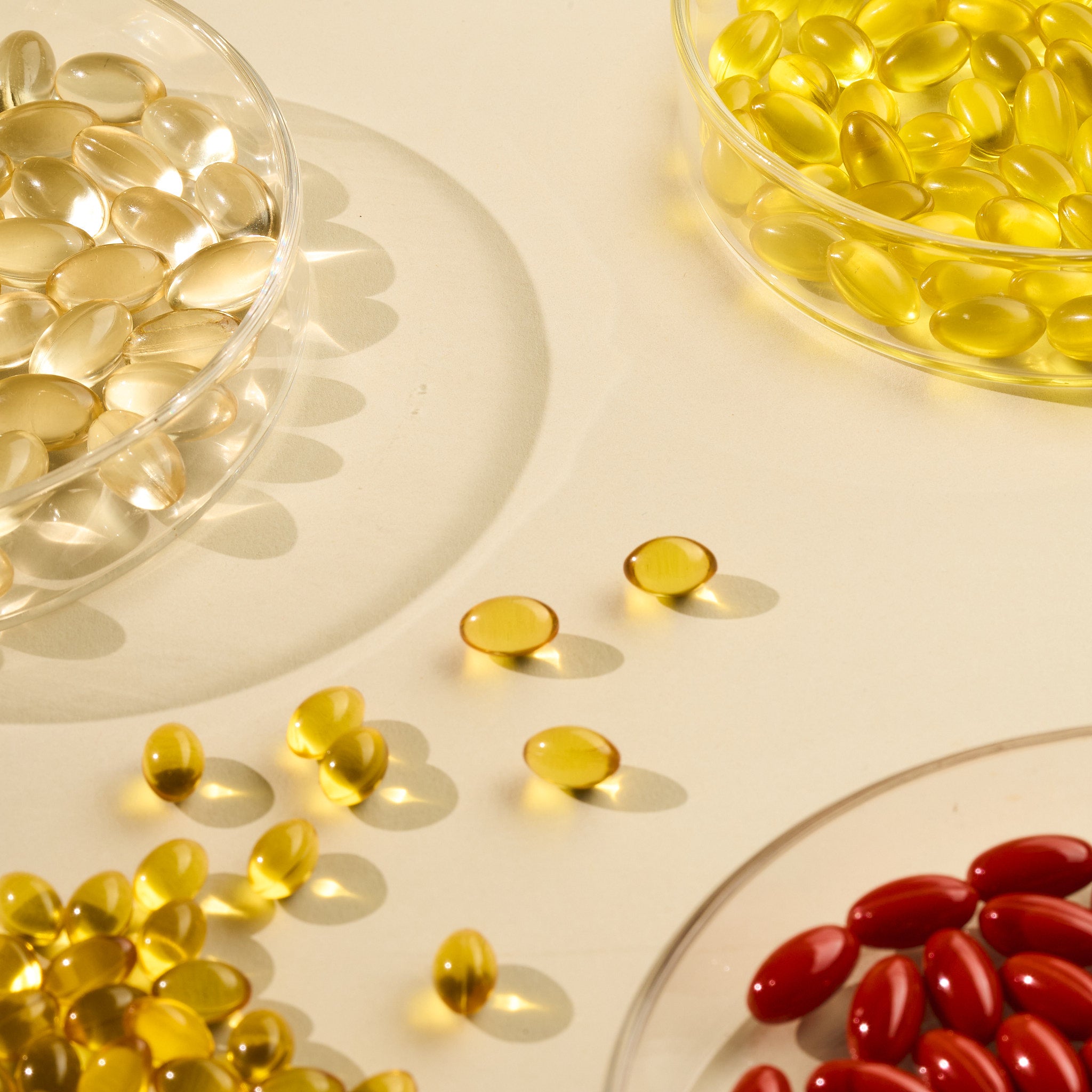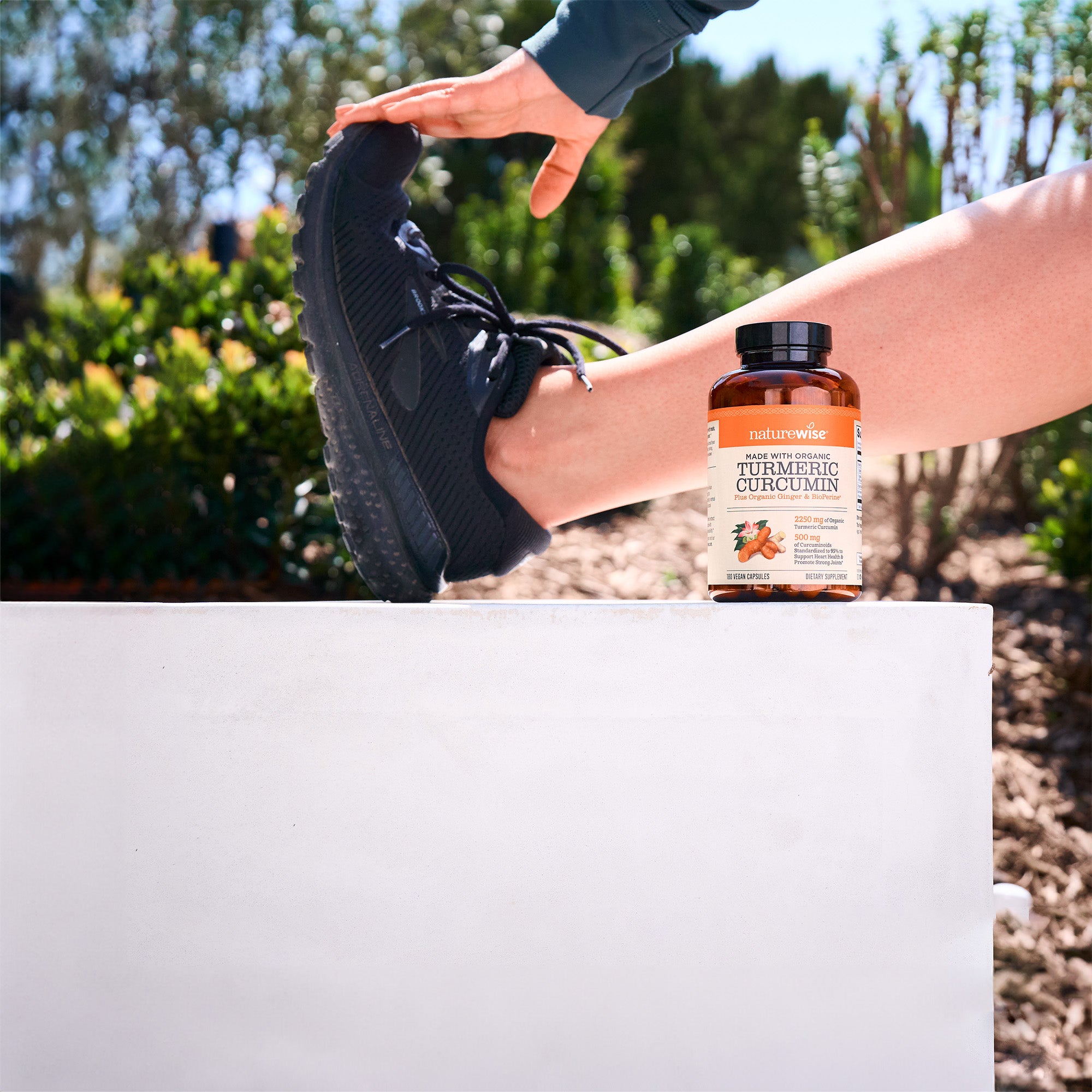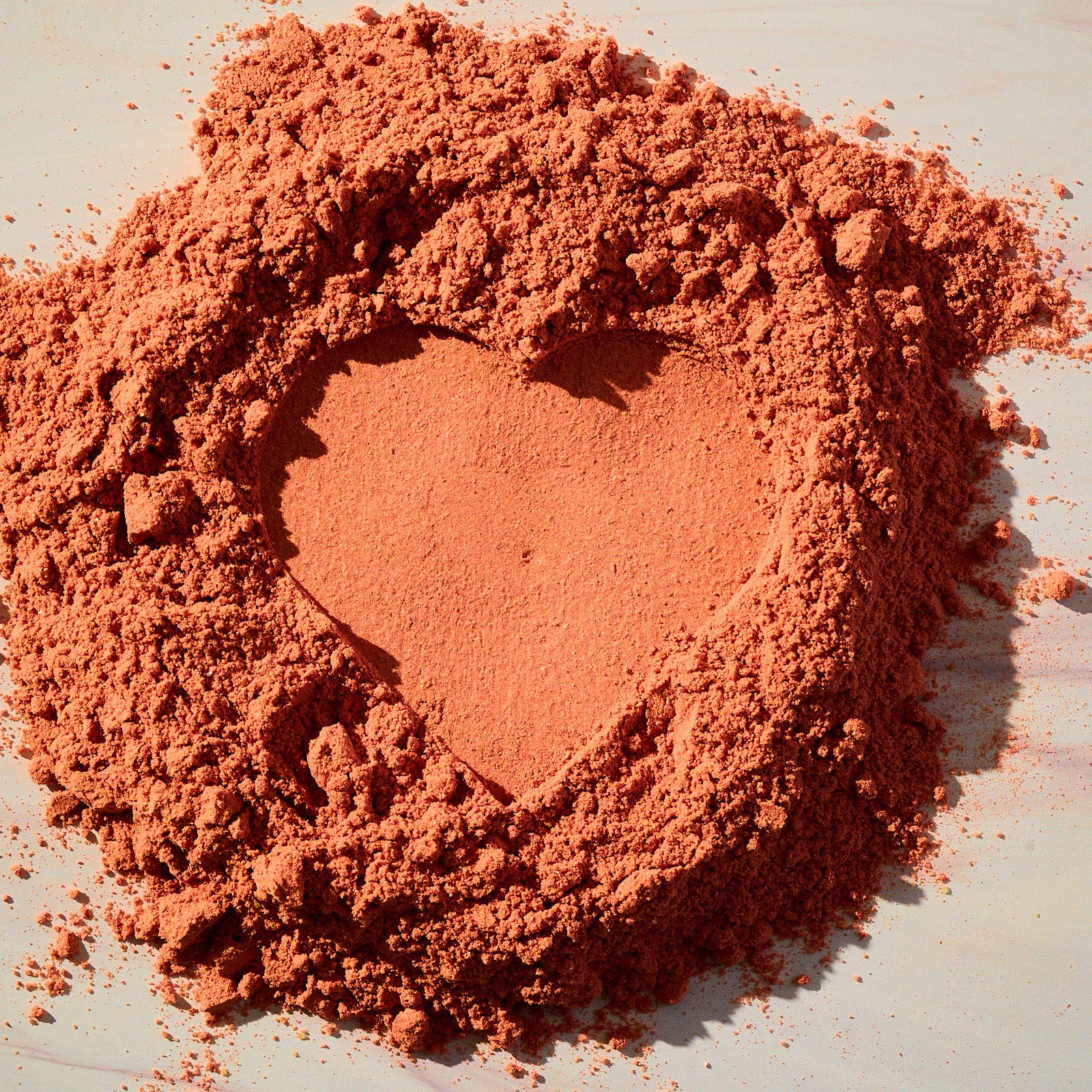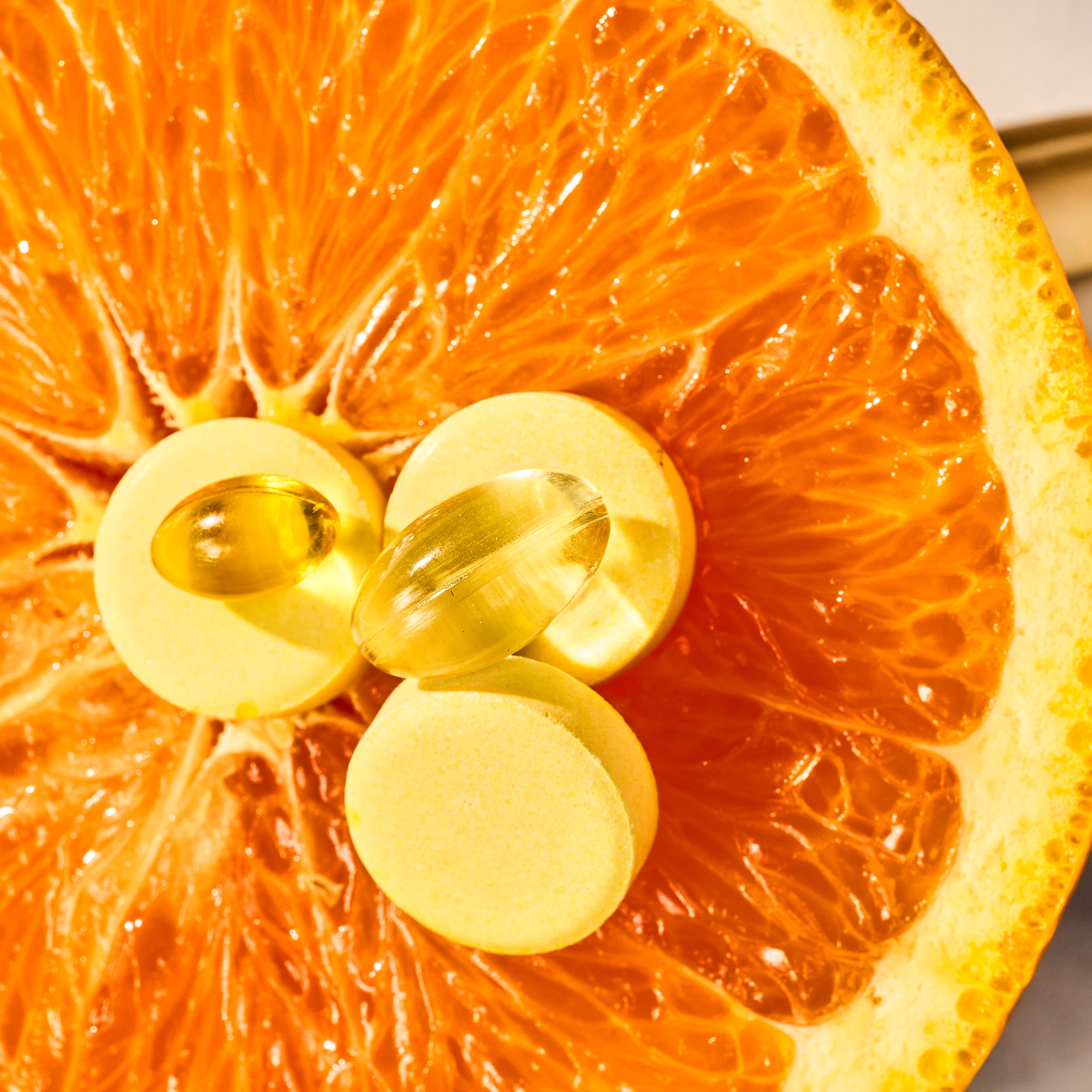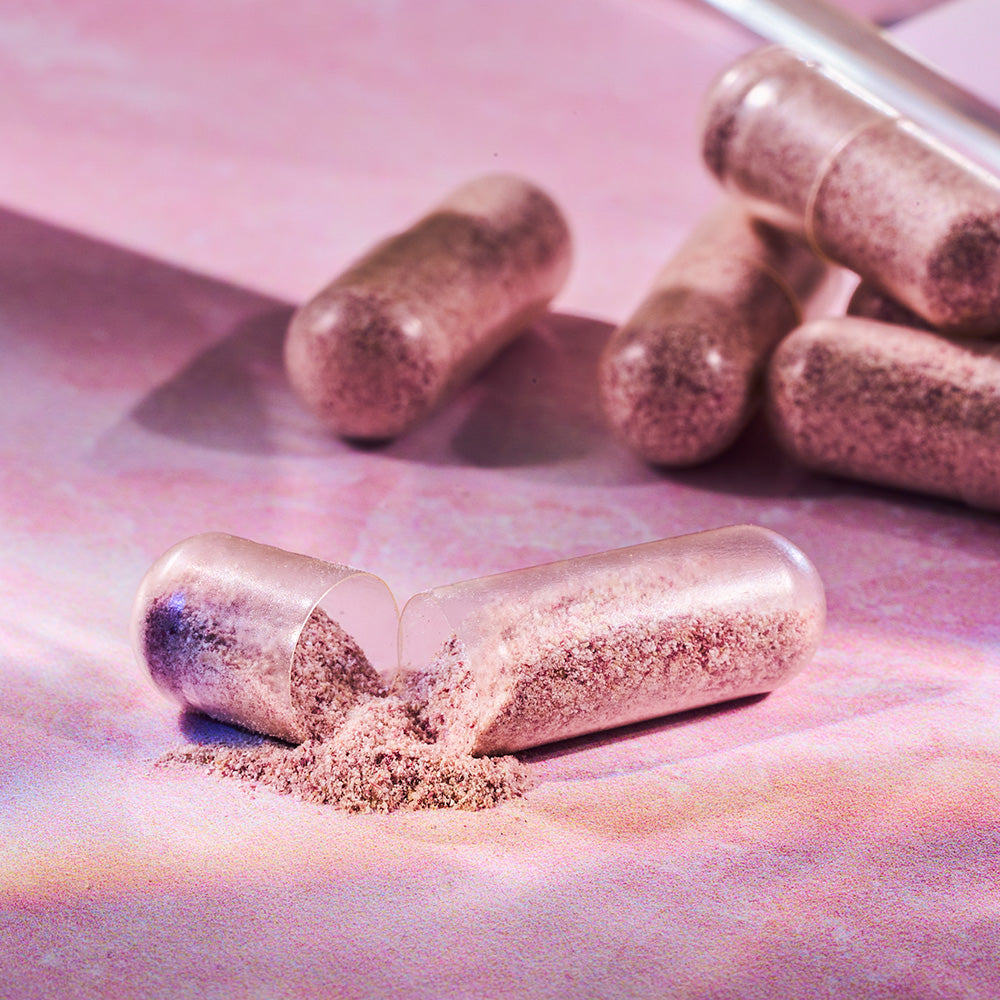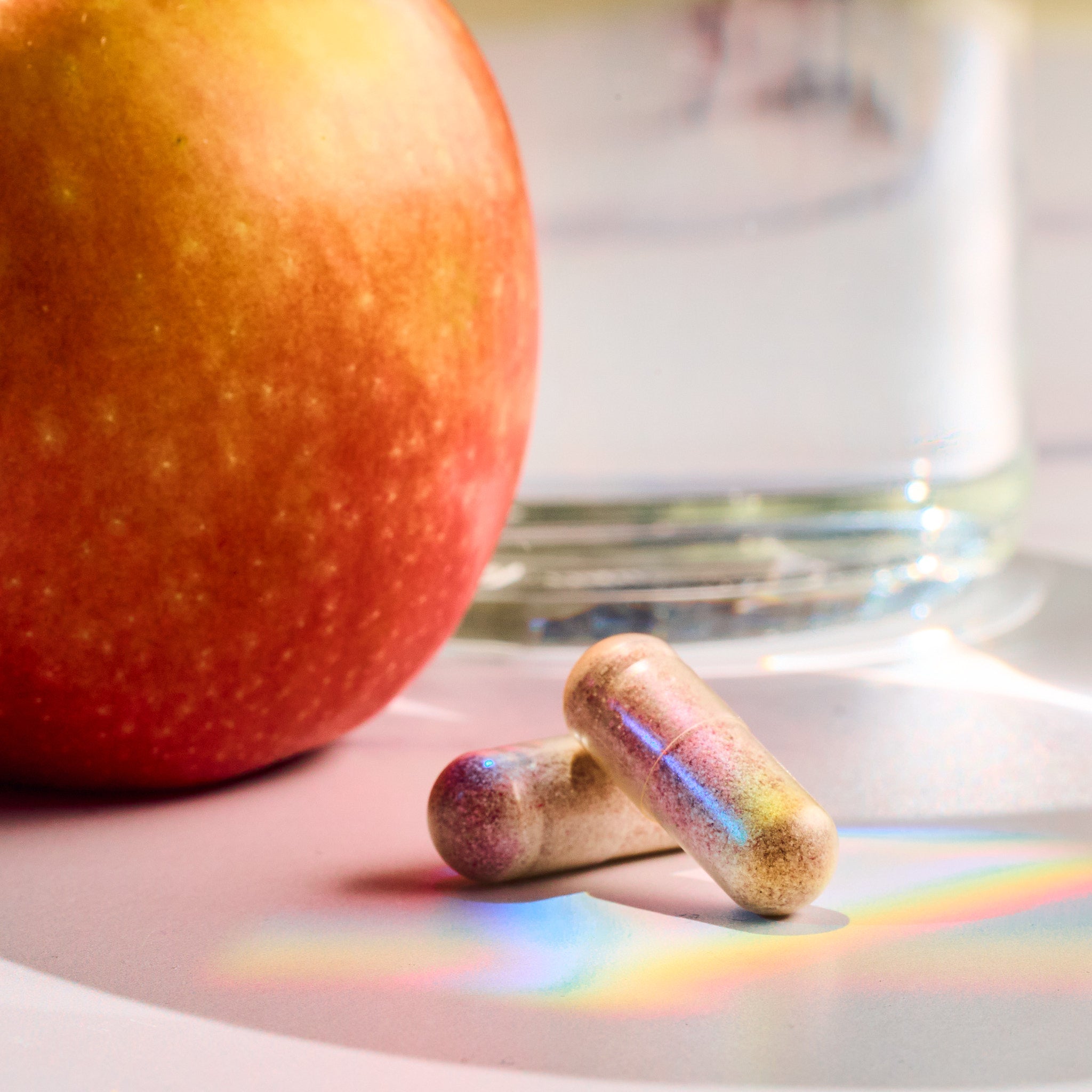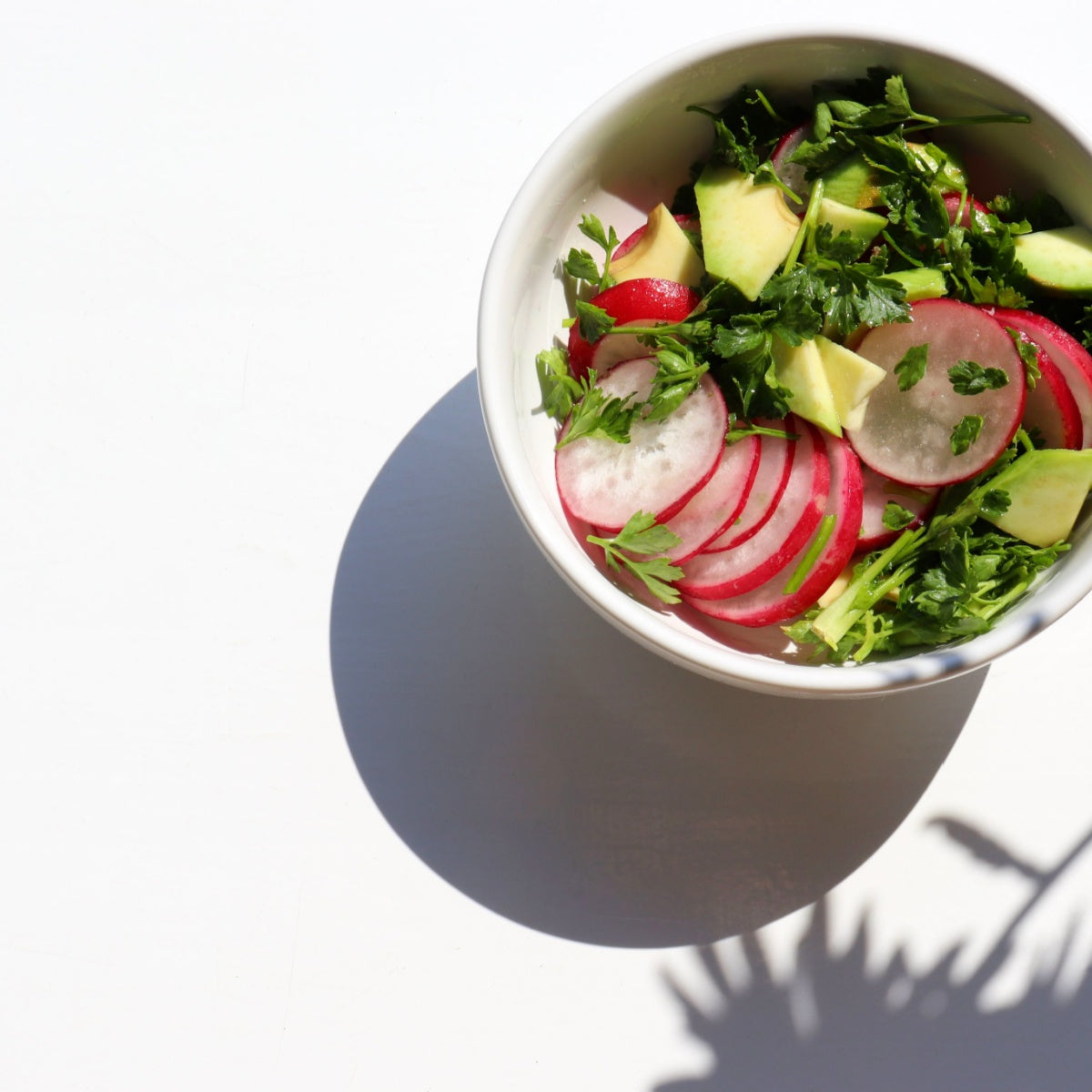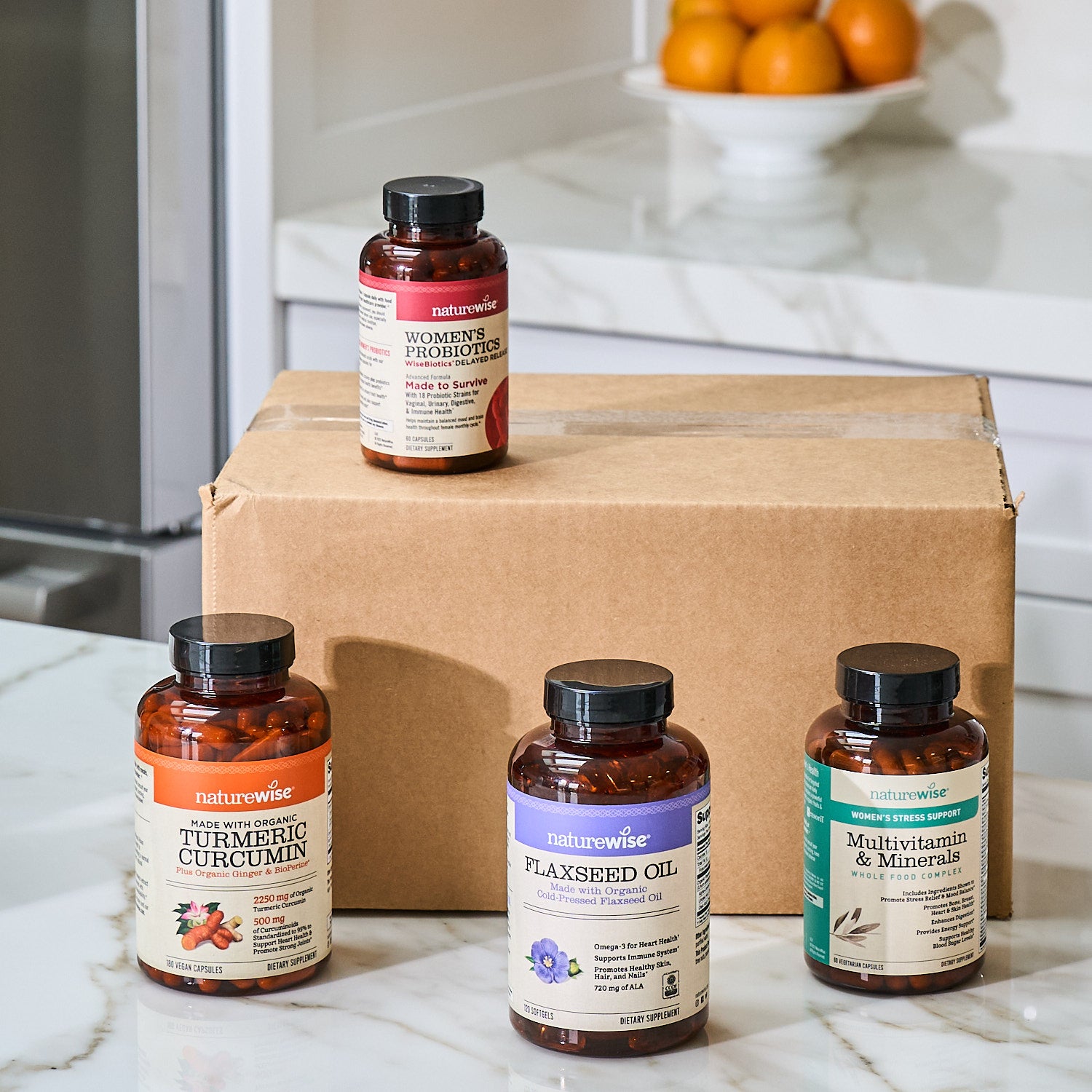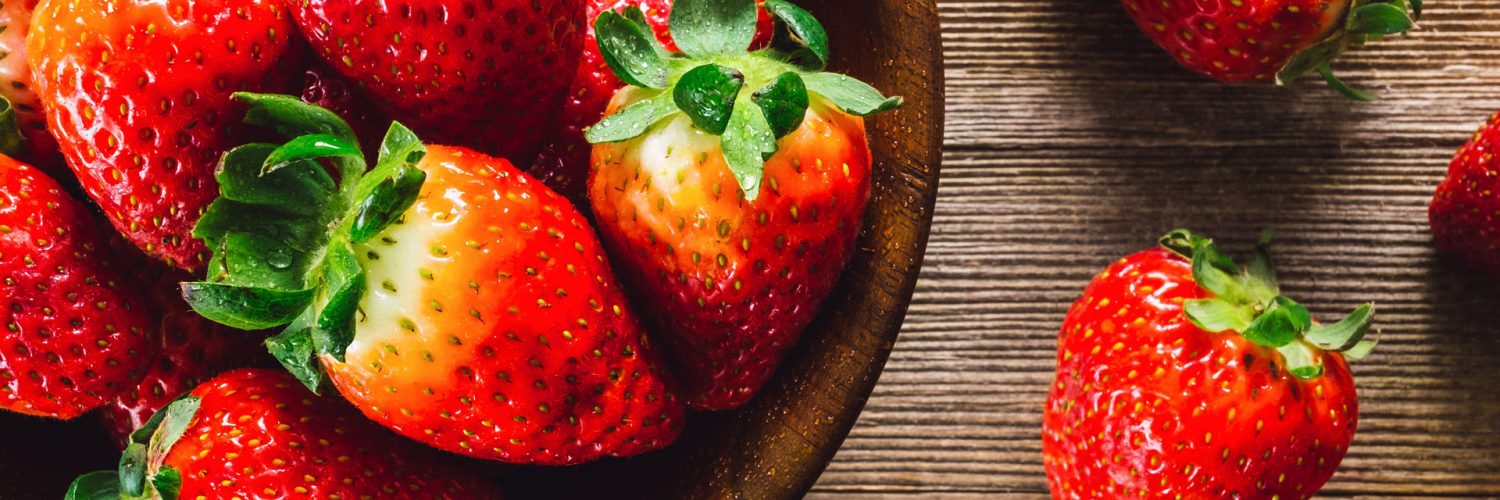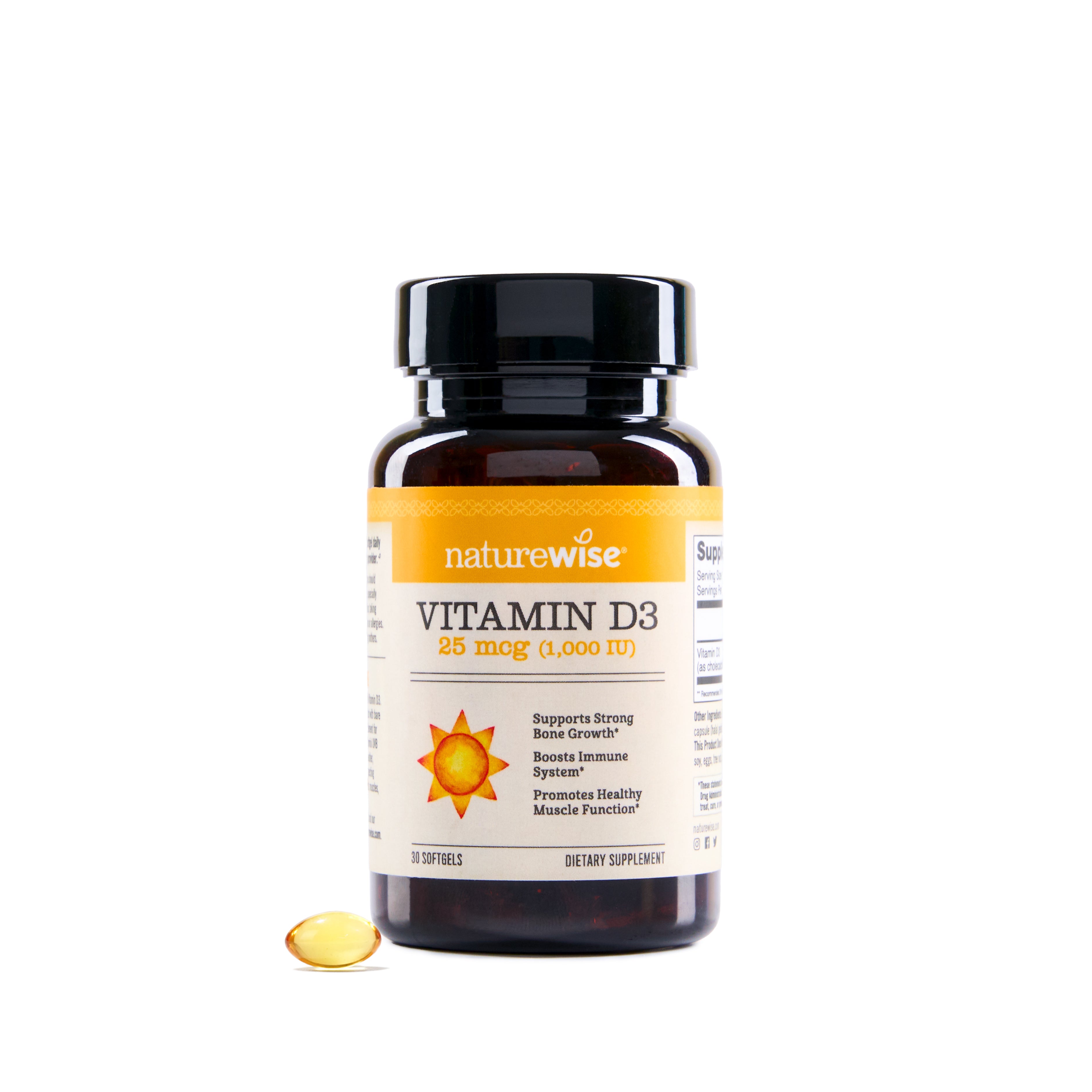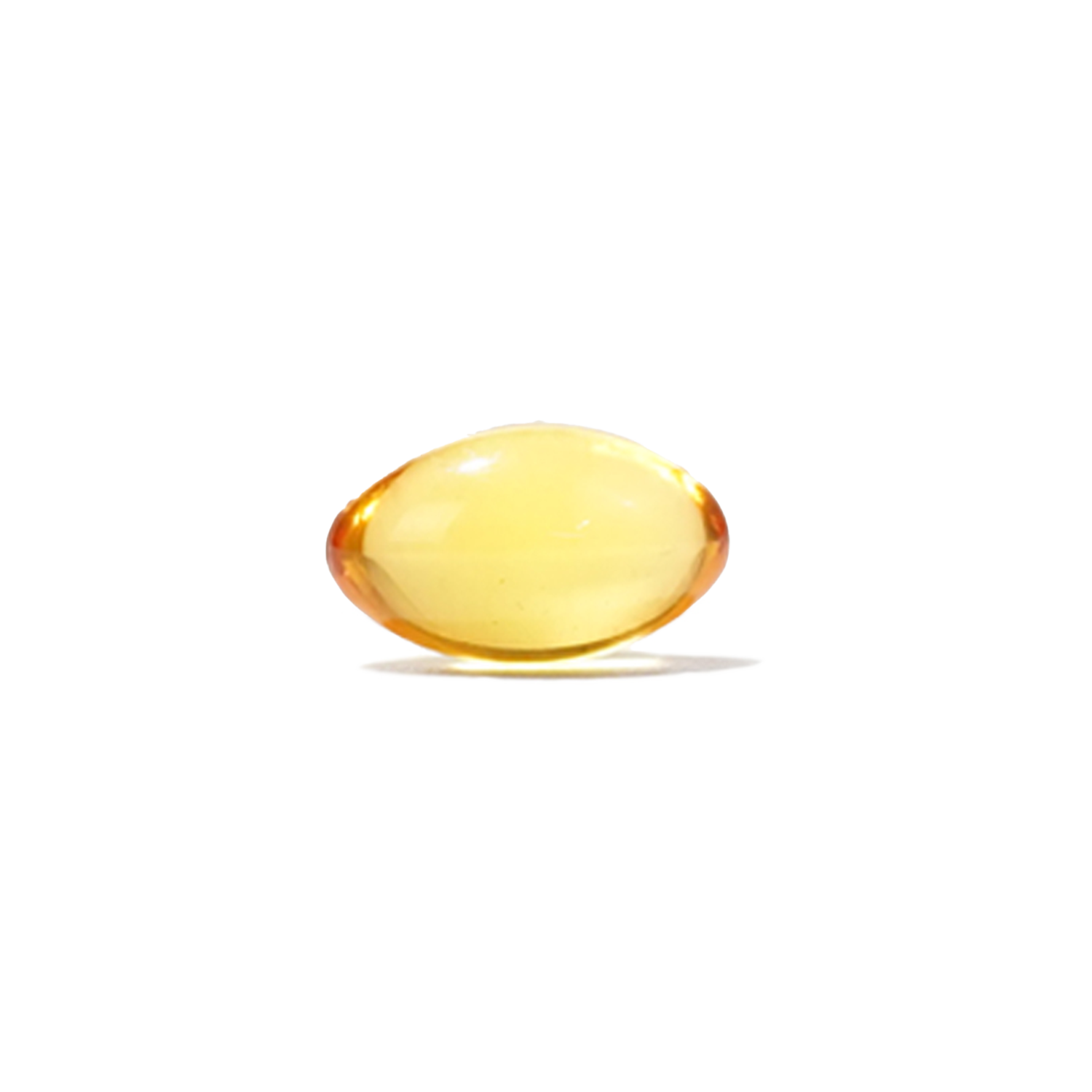Our bodies are amazing. I mean, think about everything they do each day — even while we are sleeping. Your heart pumps blood all through your body. You take thousands of breaths each day without even thinking about it. Food is turned into energy. Your immune system fights to defend you…and the list goes on.
But as incredible as our bodies are, there are still a few things we can do to help them work as smoothly as possible. In particular, what we put into our bodies can make a big difference. Let’s talk vitamins, minerals, and antioxidants!
Vitamins and Minerals

Vitamins and minerals are what are called essential nutrients: your body needs them to function. Vitamins are organic, meaning they are made by plants and animals, while minerals are inorganic. Together, they perform hundreds of jobs throughout your body, like helping to heal wounds, fight infections, and build strong bones.
There are two kinds of vitamins: fat-soluble and water-soluble. Fat soluble vitamins — including A, D, E, and K — need fat in order for the body to use them. (This is why our Vitamin D supplement is delivered in organic olive oil, to improve absorption.) These vitamins can be stored in your fat, so what your body doesn’t use lingers, and can build up if you take too much.
Water soluble vitamins, such as C and the B vitamins, are absorbed by the body through water. Your body can’t store water soluble vitamins: any excess will be flushed out of your system, and you’ll need fresh intake of these vitamins each day.
While there are a few vitamins that our bodies can produce themselves, most come from diet or supplements. As long as you have a well-rounded diet, you’re most likely getting the vitamins and minerals you need. But it’s really a balancing act.
Checking with your doctor to see where you may be experiencing deficiencies or excesses can be a great start. From there, you can decide what adjustments to make to your diet. More fruits or vegetables? More dairy? Or maybe a supplement is a good fit for you.
Antioxidants

You may have heard of free-radicals — but what are they? Free radicals are the natural waste products of chemical processes in your body, including metabolism. They are involved in important processes like turning food into energy and attacking foreign substances traveling through your blood.
However, when too many free radicals build up in the body, they can cause damage to cells, proteins, and DNA. Free radical damage over time is associated with the aging process, and with diseases such as cancer and Alzheimer’s disease.
Your body produces antioxidants to help keep free radicals in check — but not enough. Colorful fruits and vegetables will be your best friend in increasing the antioxidants in your body. Carrots are rich in beta-carotene, citrus fruits in vitamin C, and almonds in vitamin E — all powerful antioxidants.
You can also find antioxidants in supplement form. Curcumin, for instance, is a potent antioxidant from turmeric, a bright yellow root commonly used in curries. Turmeric curcumin is not well absorbed by the body unless it has some help, so our supplement combines it with black pepper extract to increase absorption.

We threw a lot at you, we know. But take a moment to look at what you’re putting into your body. Think you’re giving it what it needs? If yes, great! If not, there is always room for adjustments…and a little advice from your doctor.
